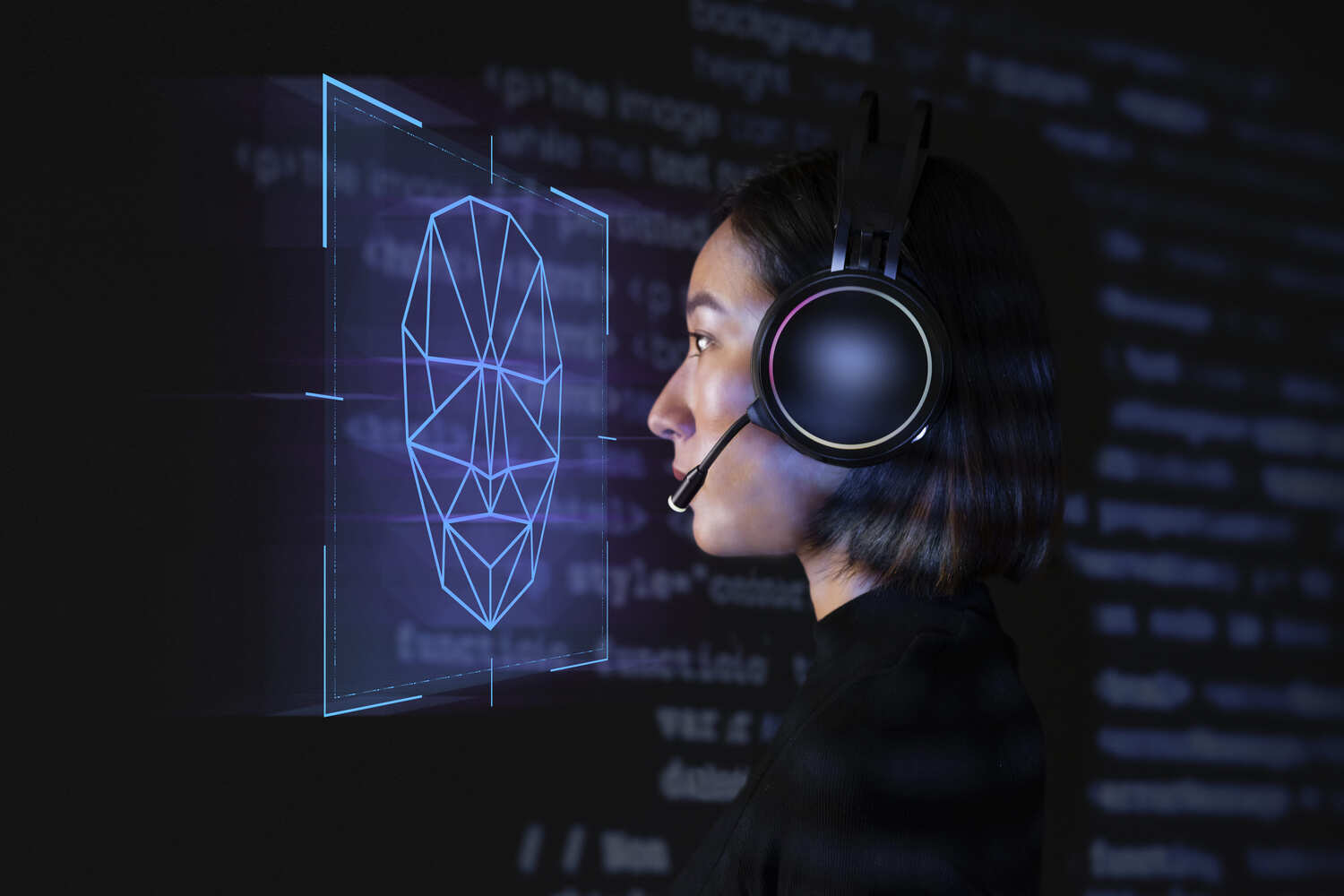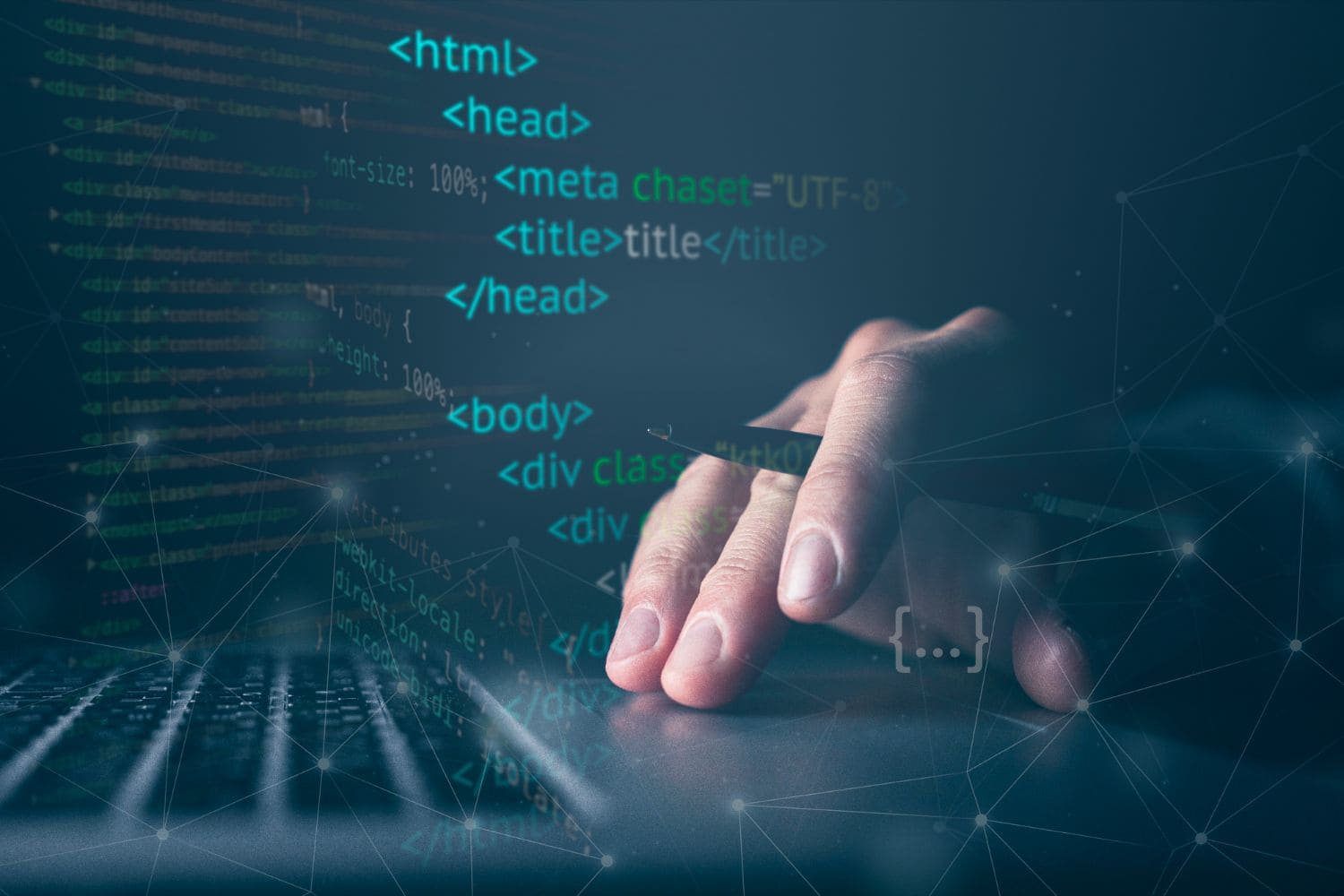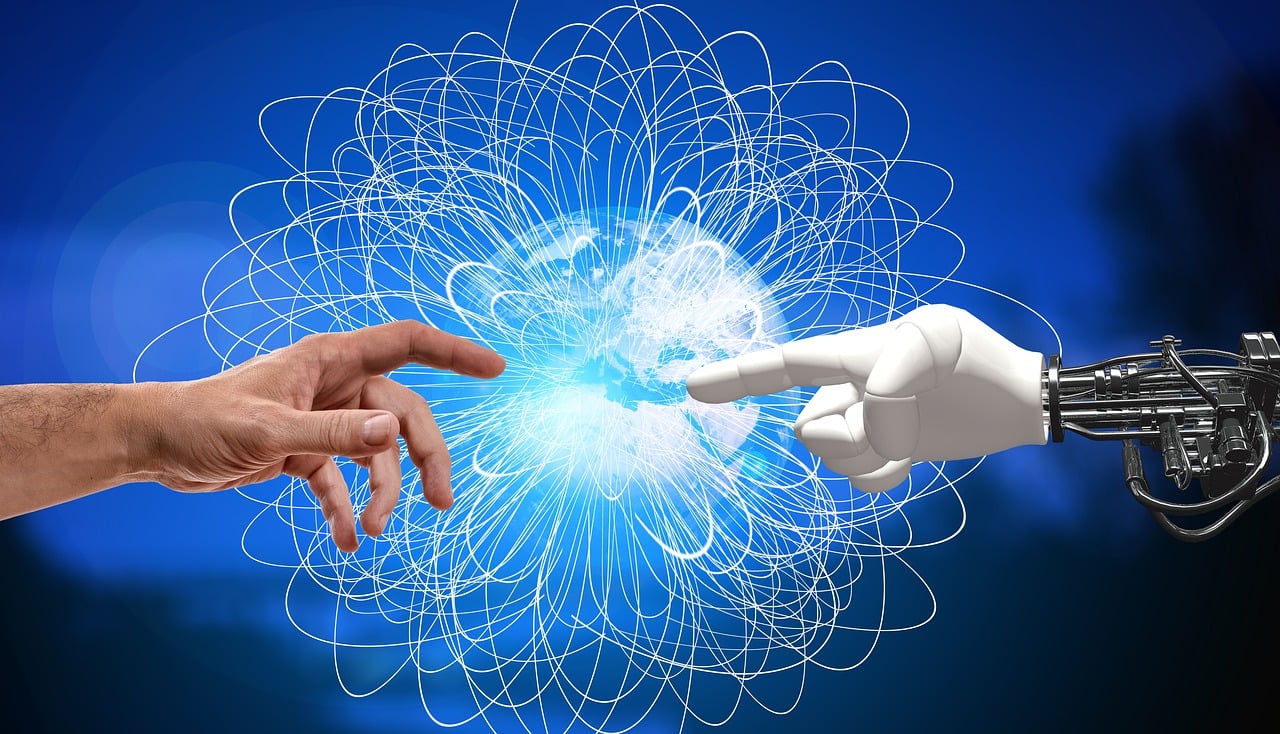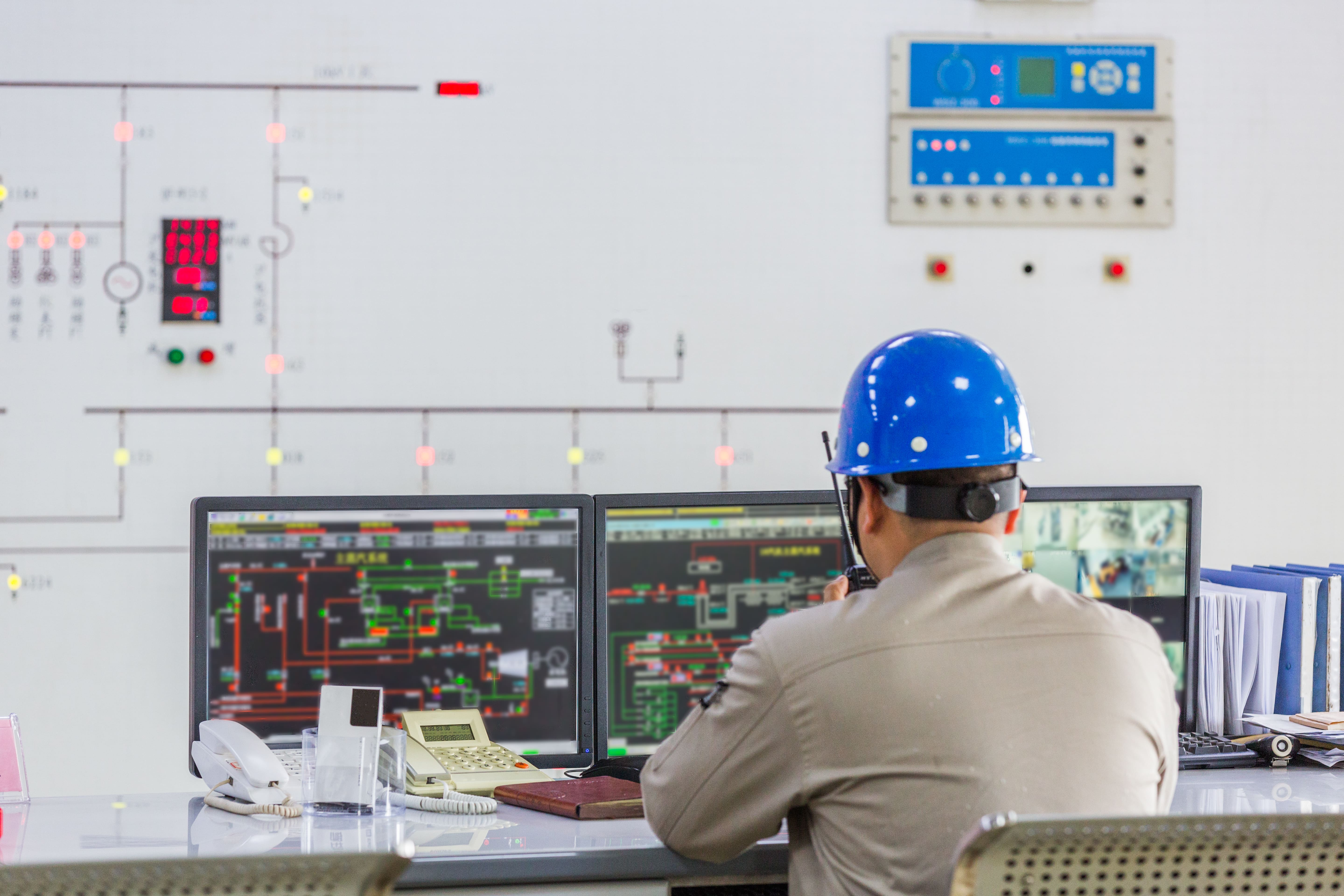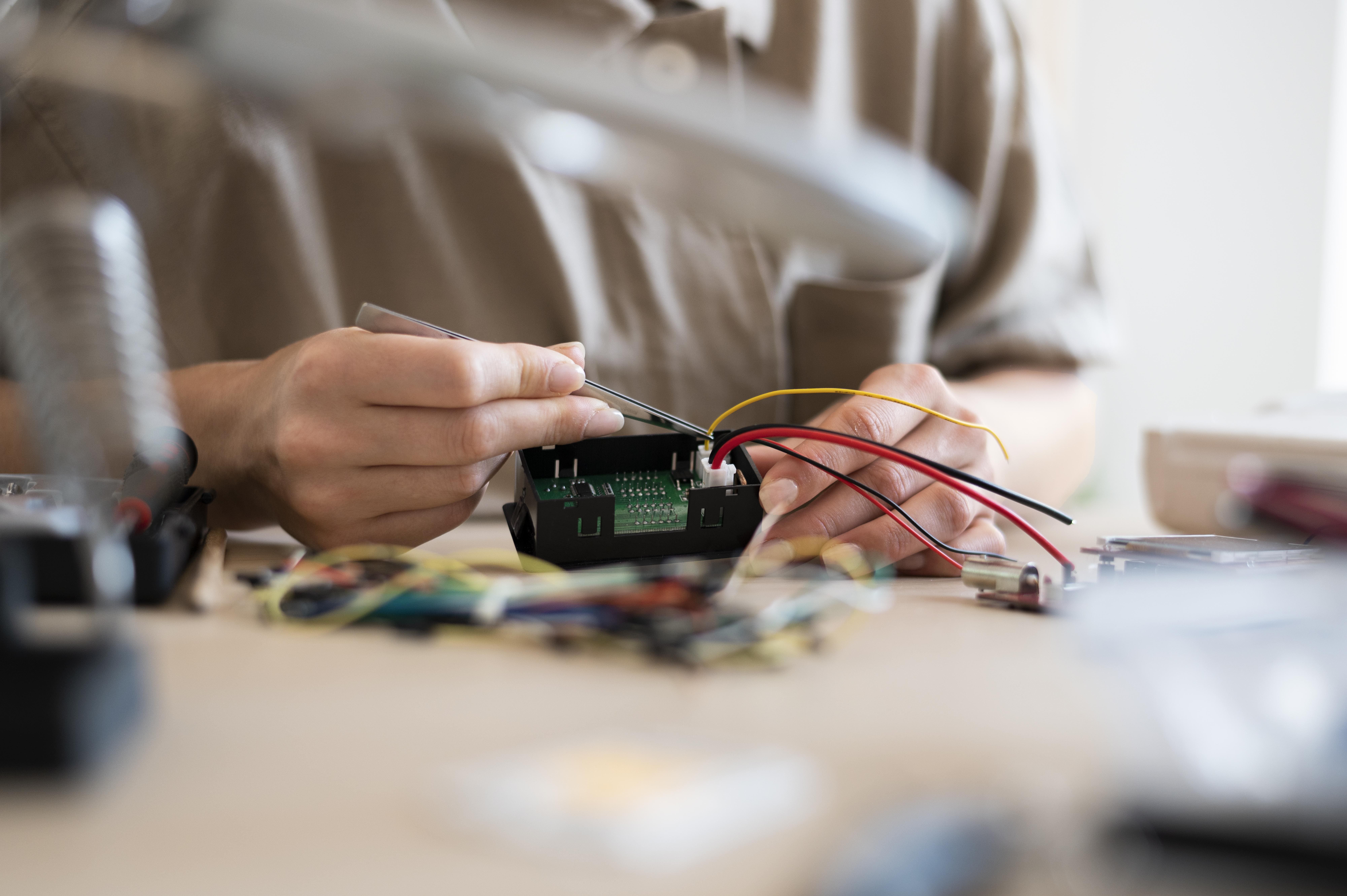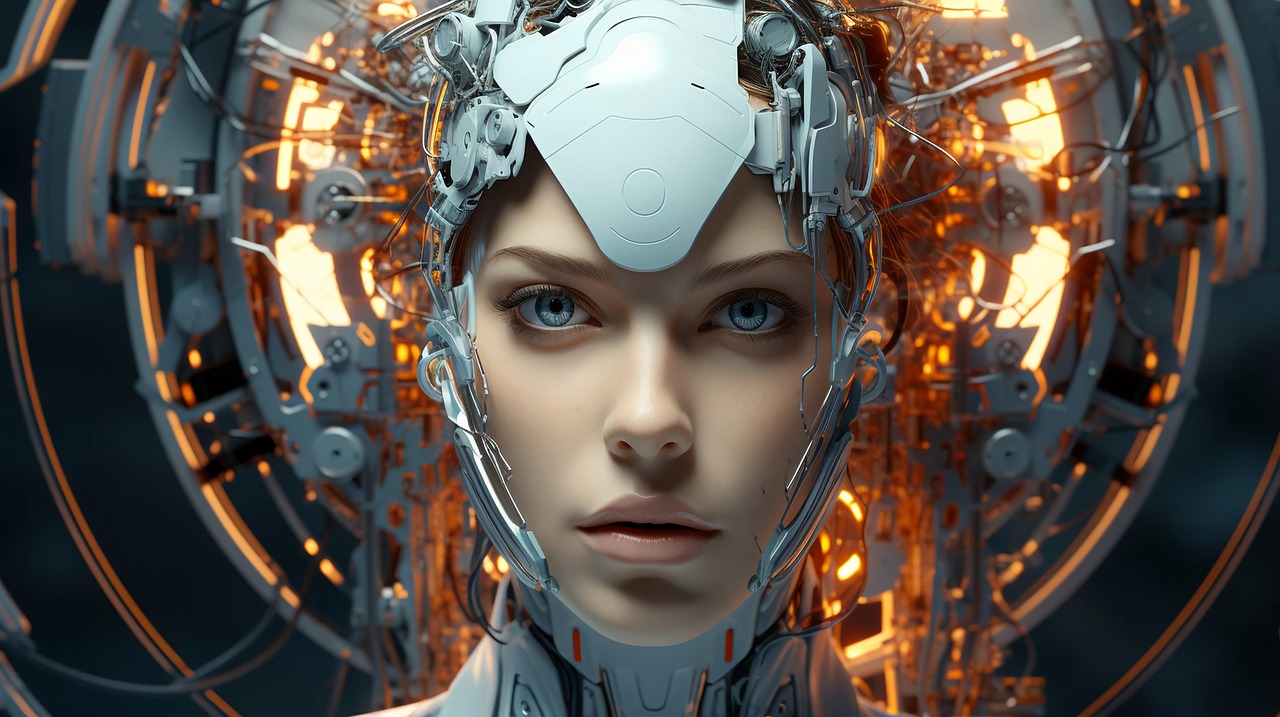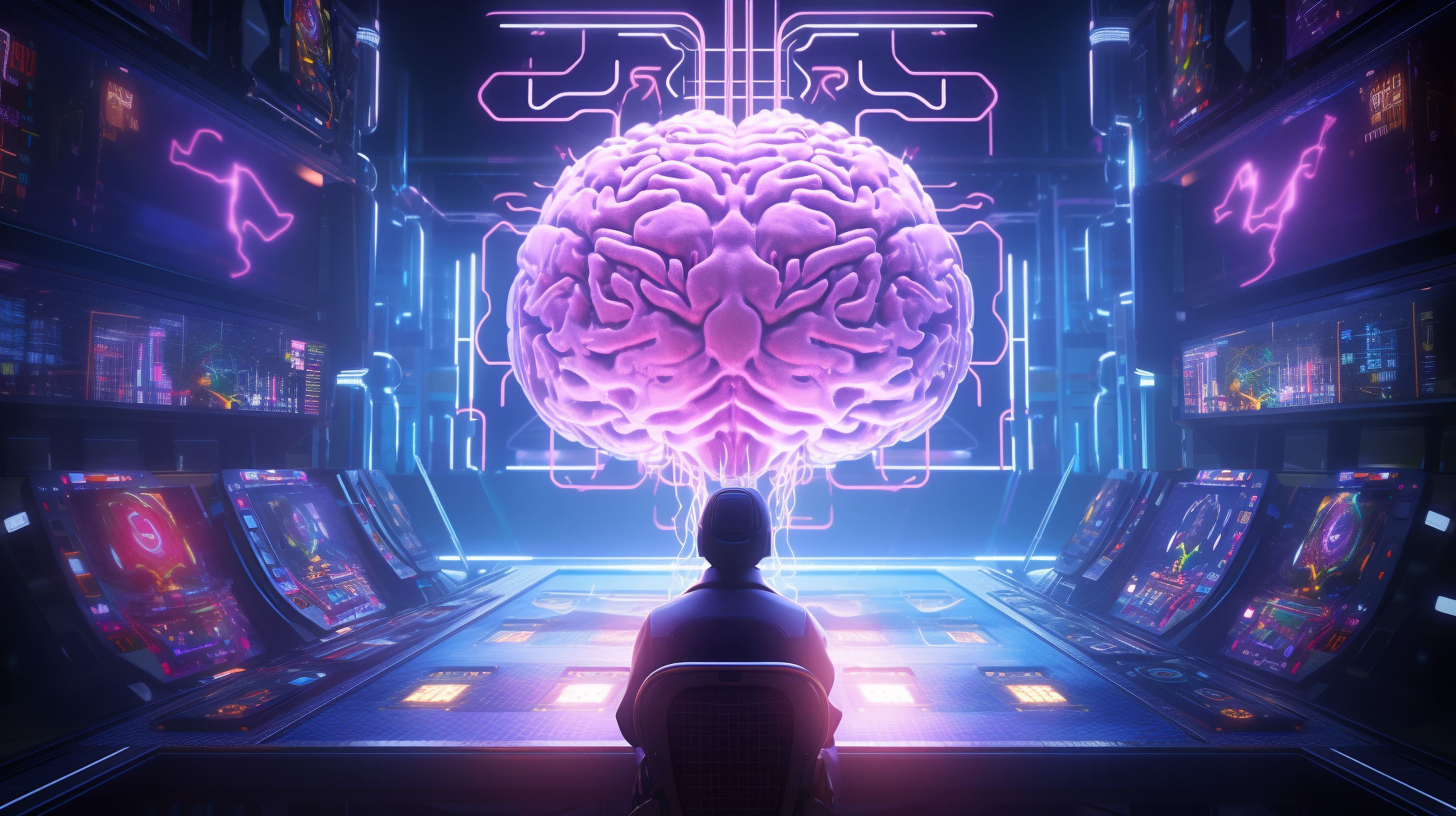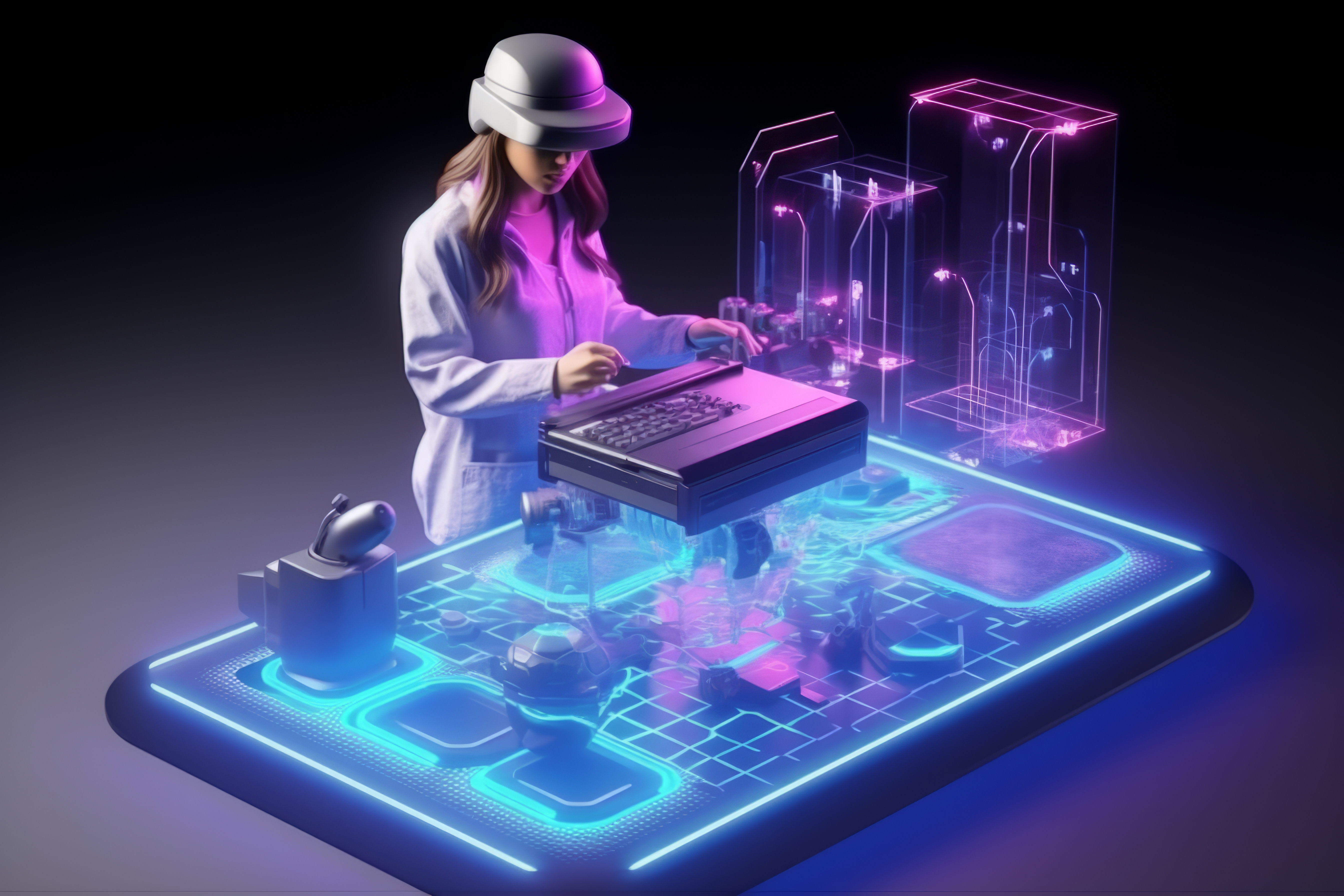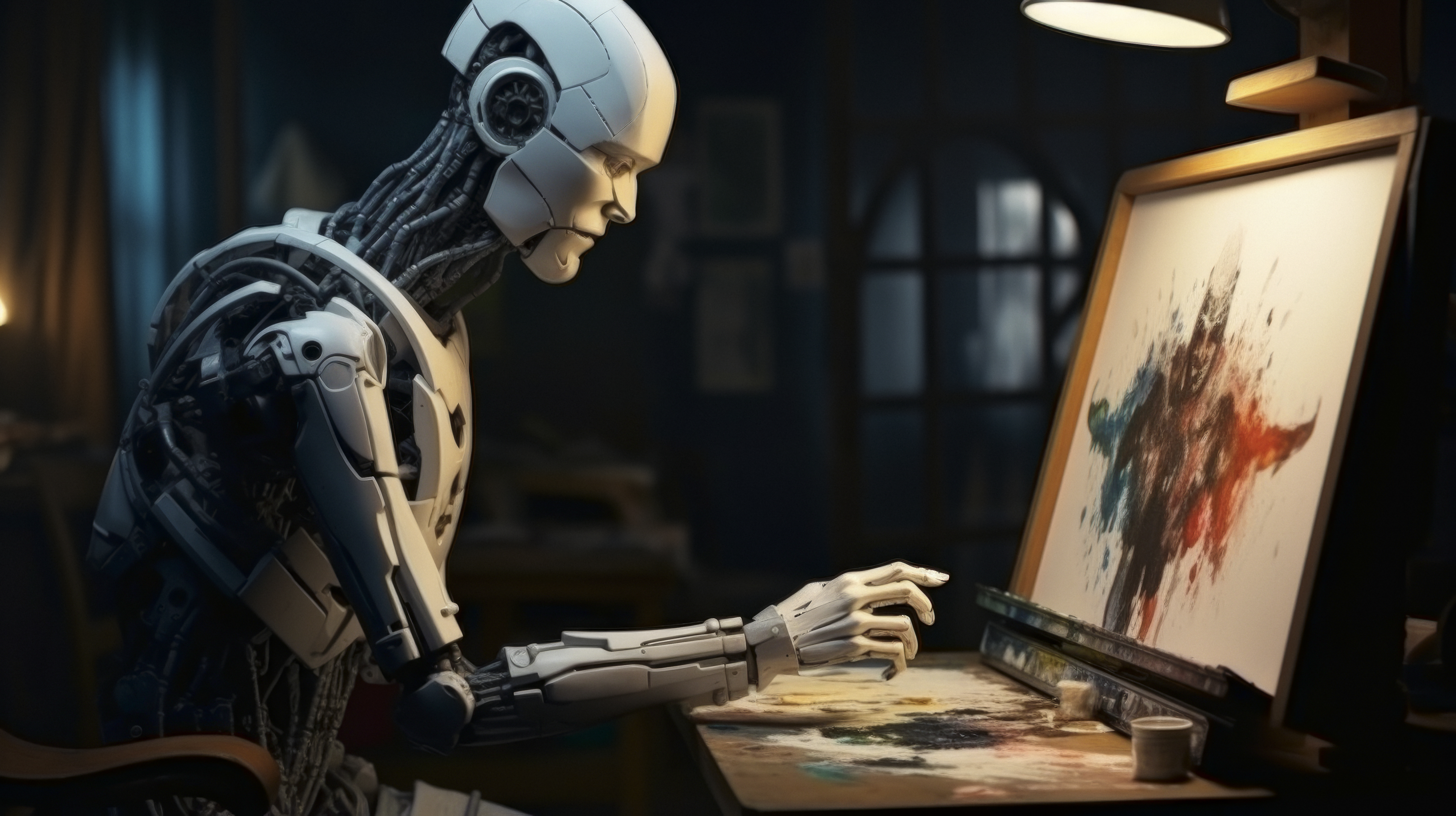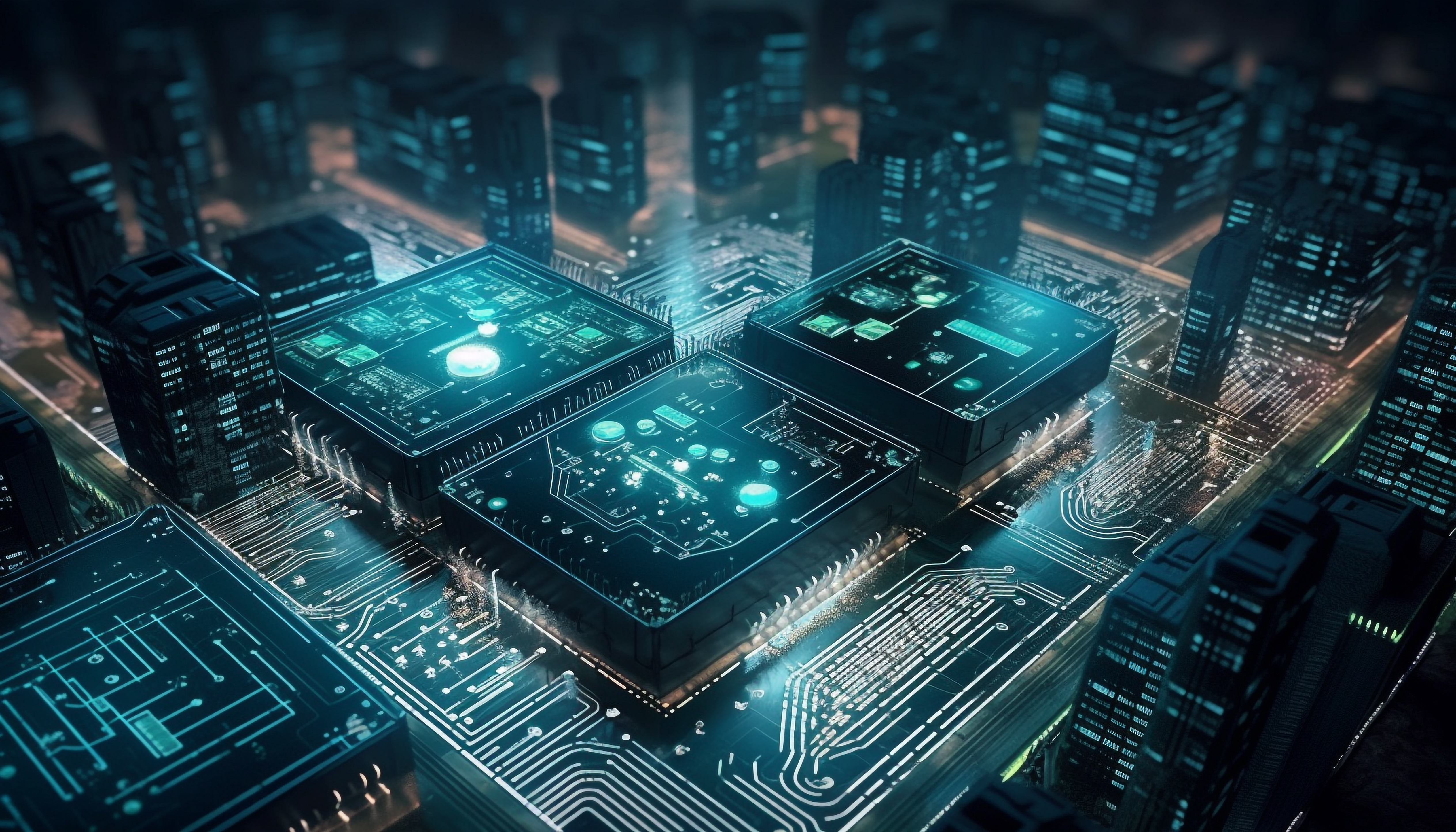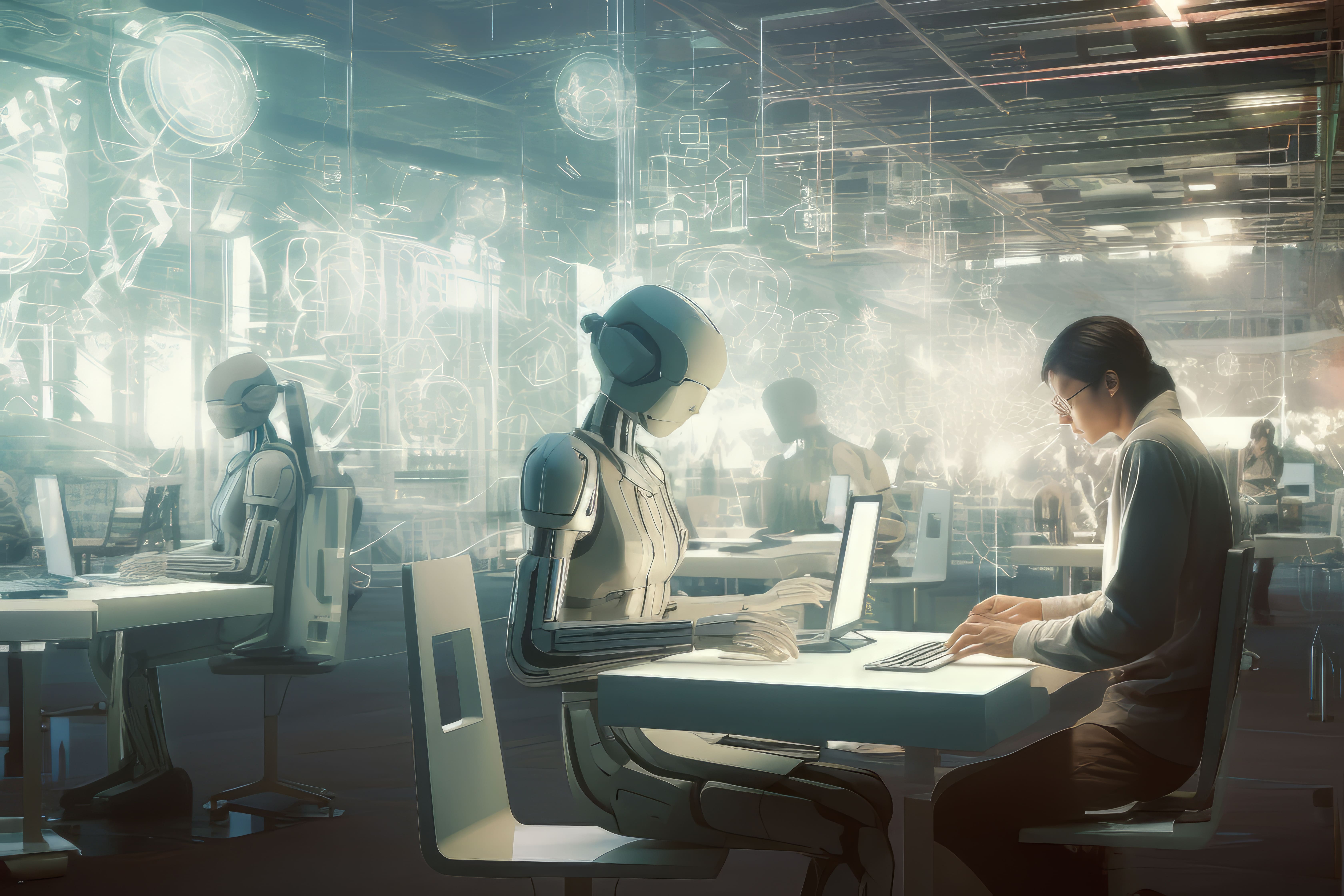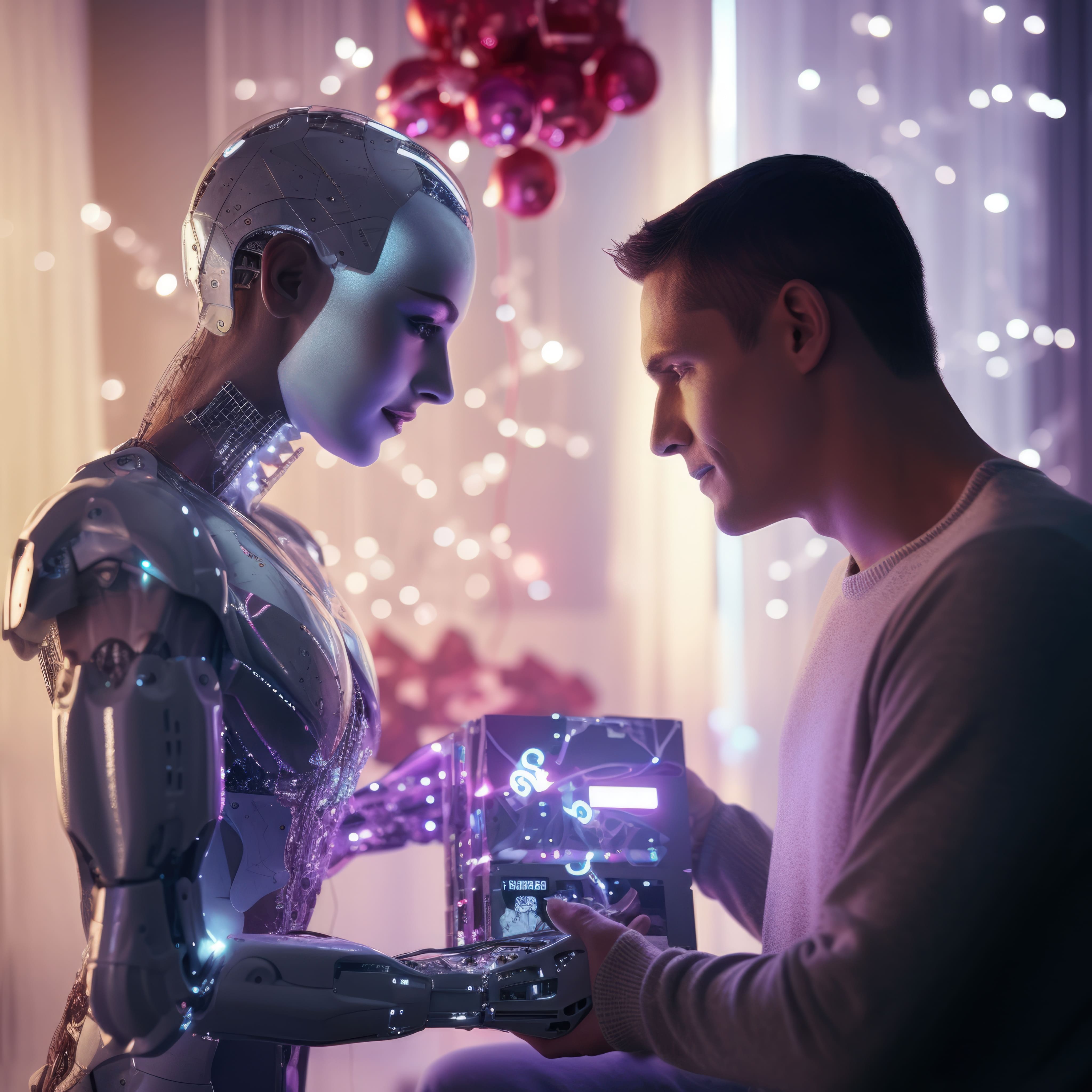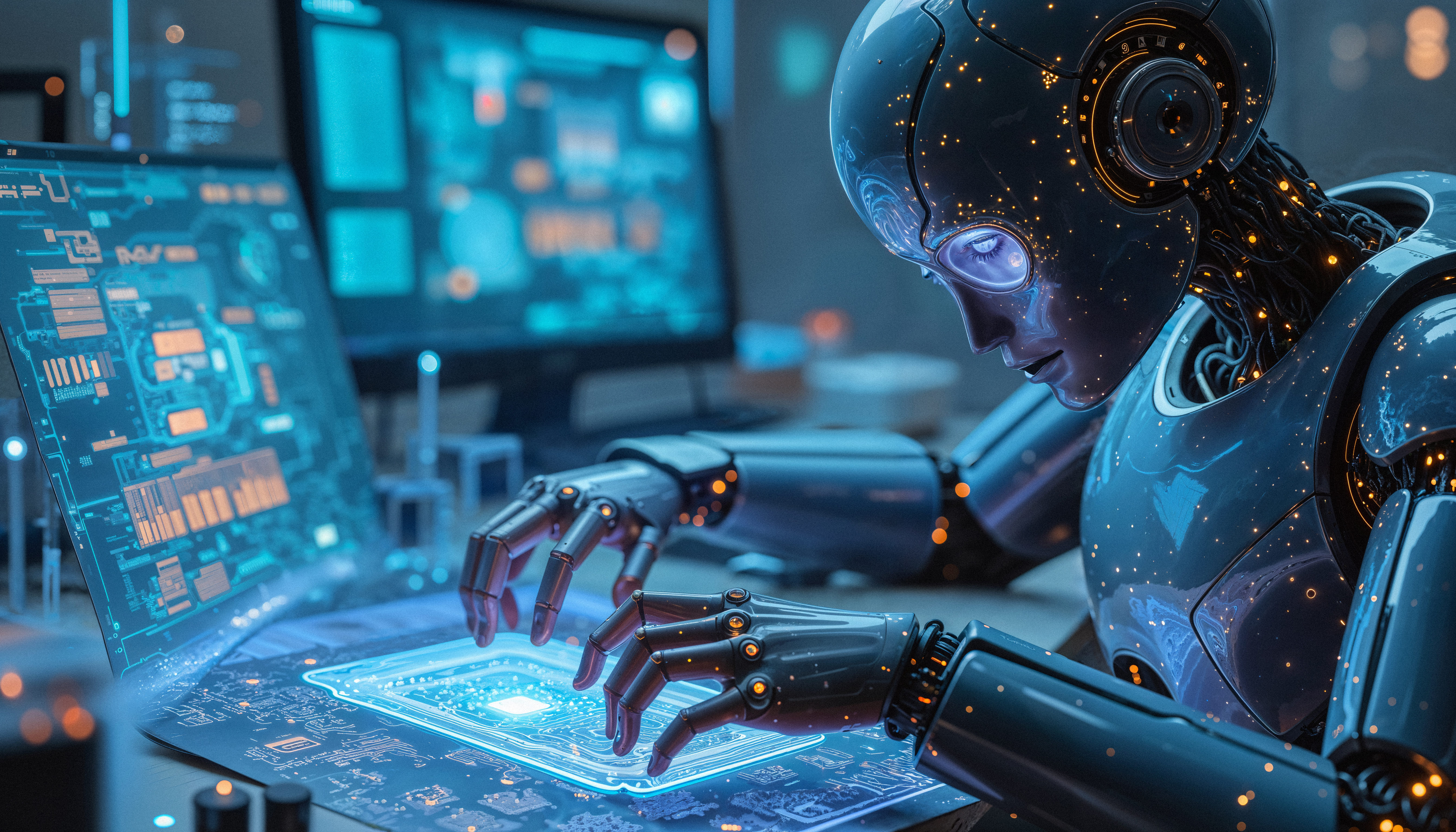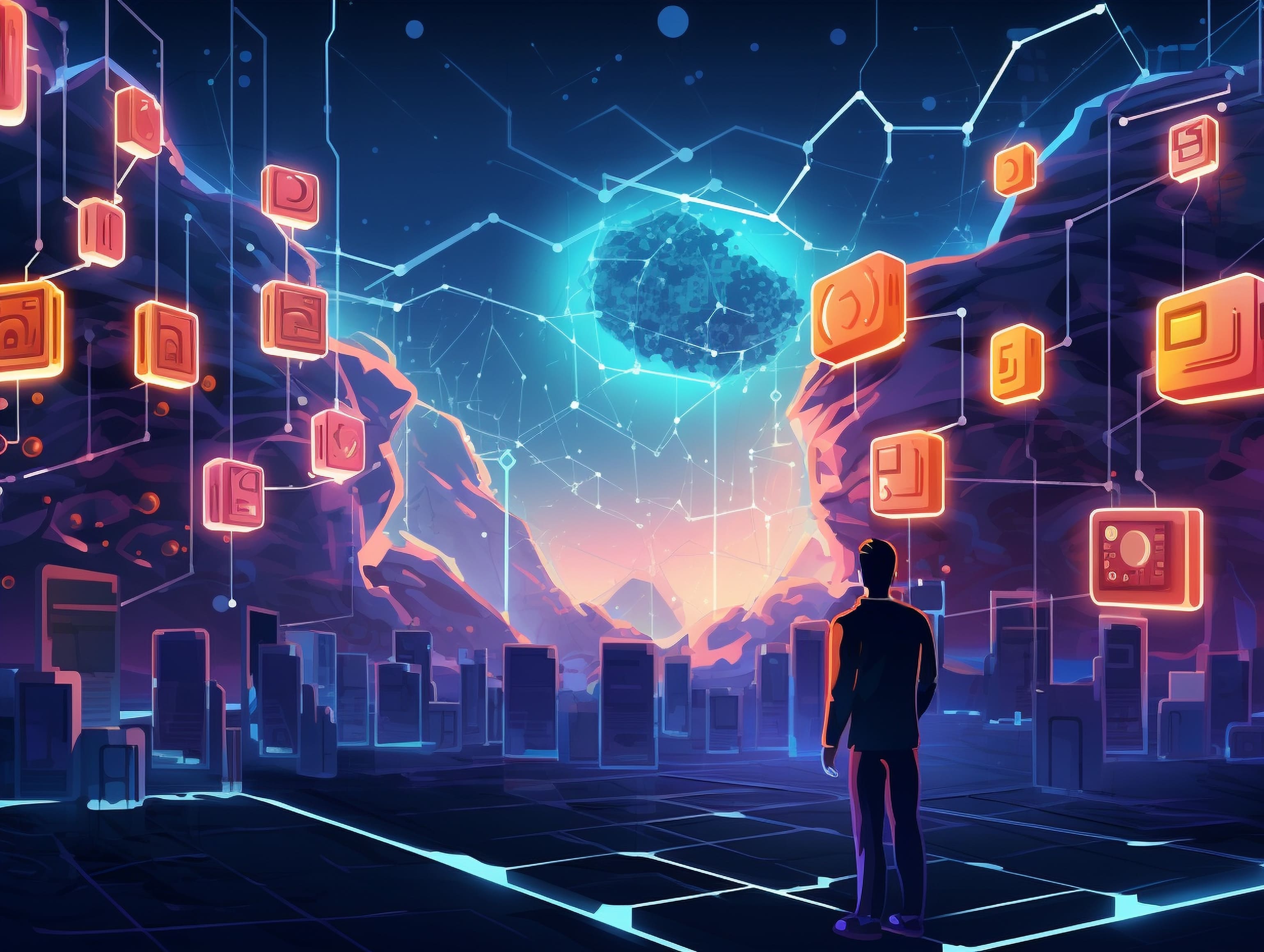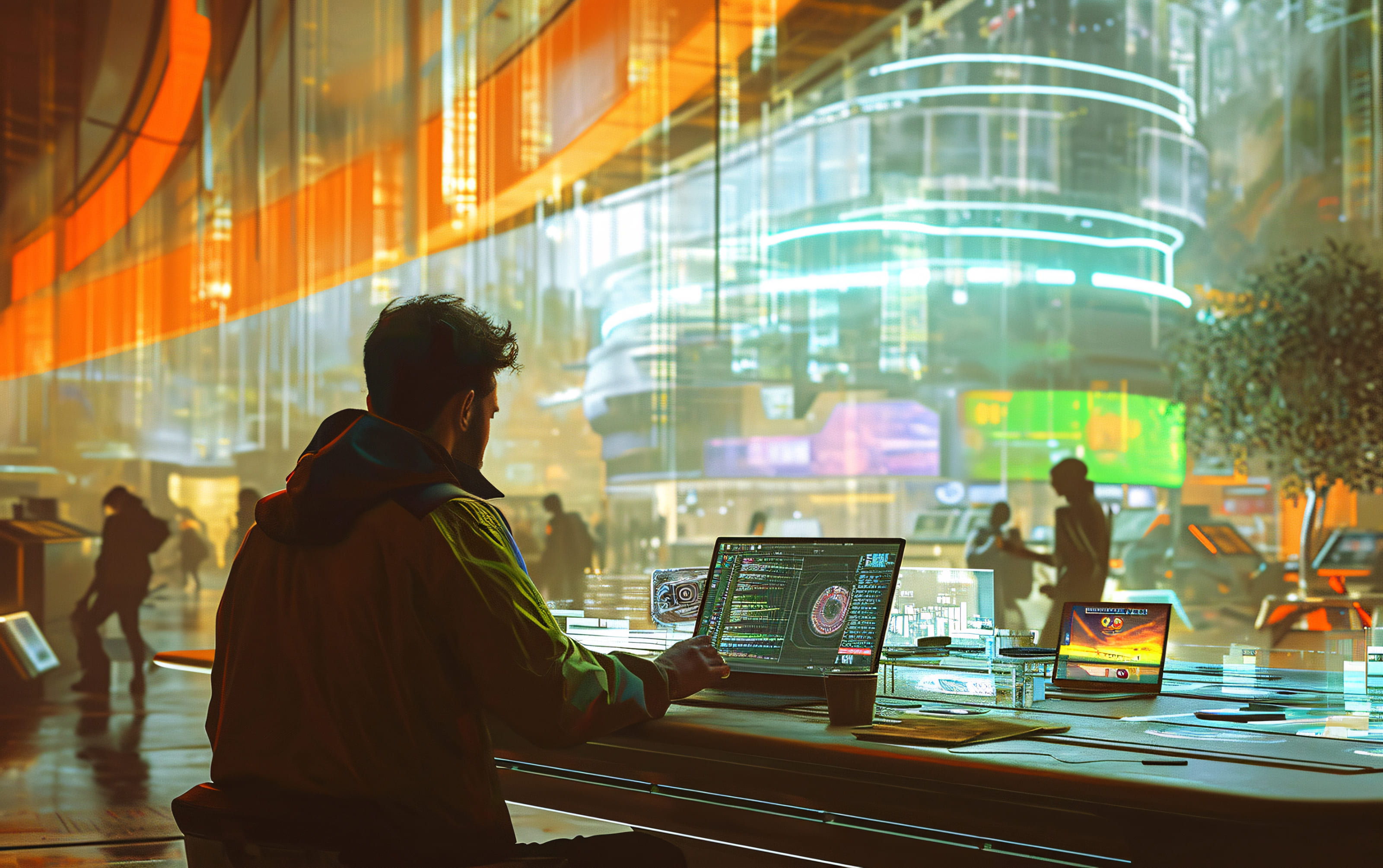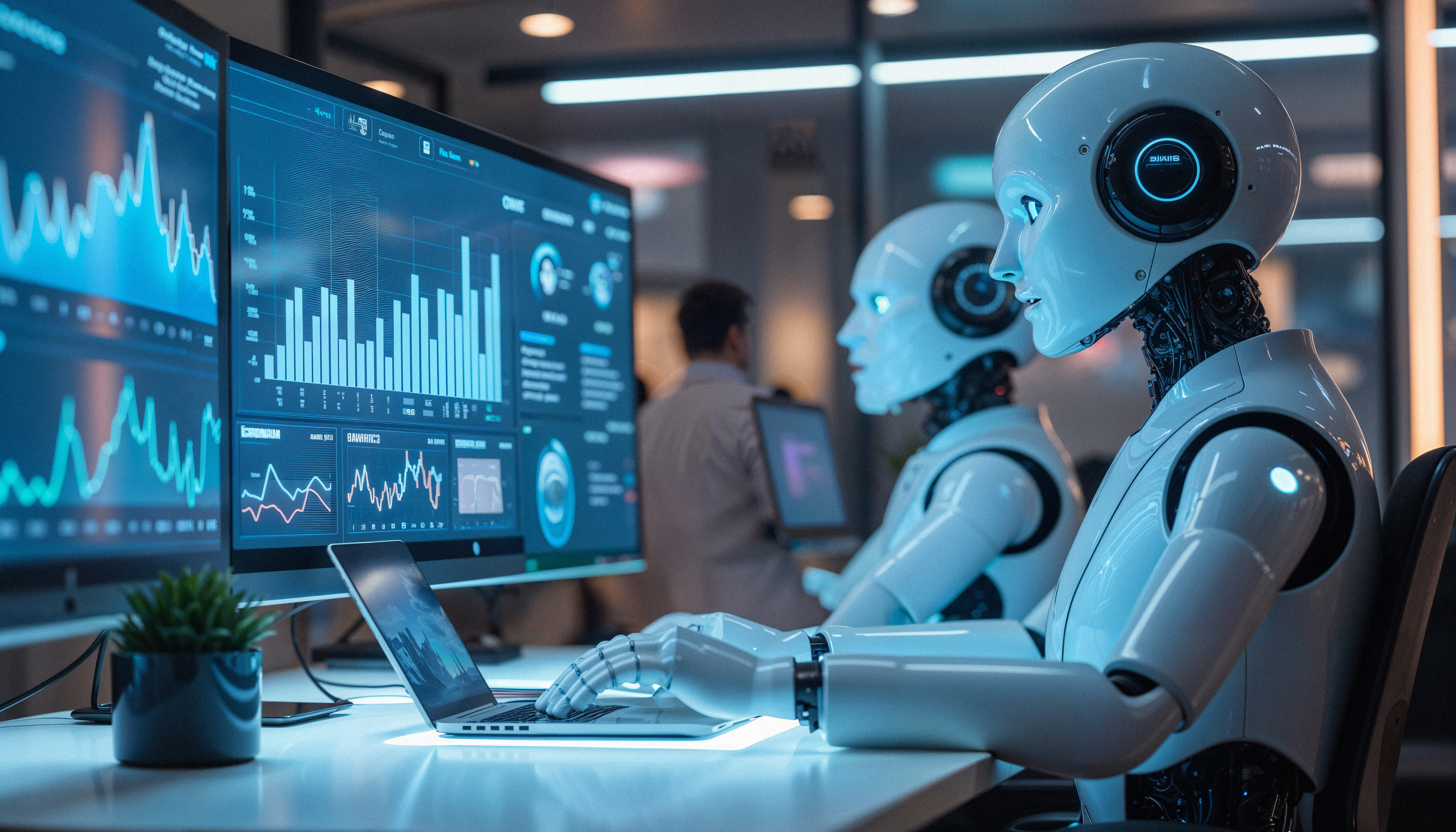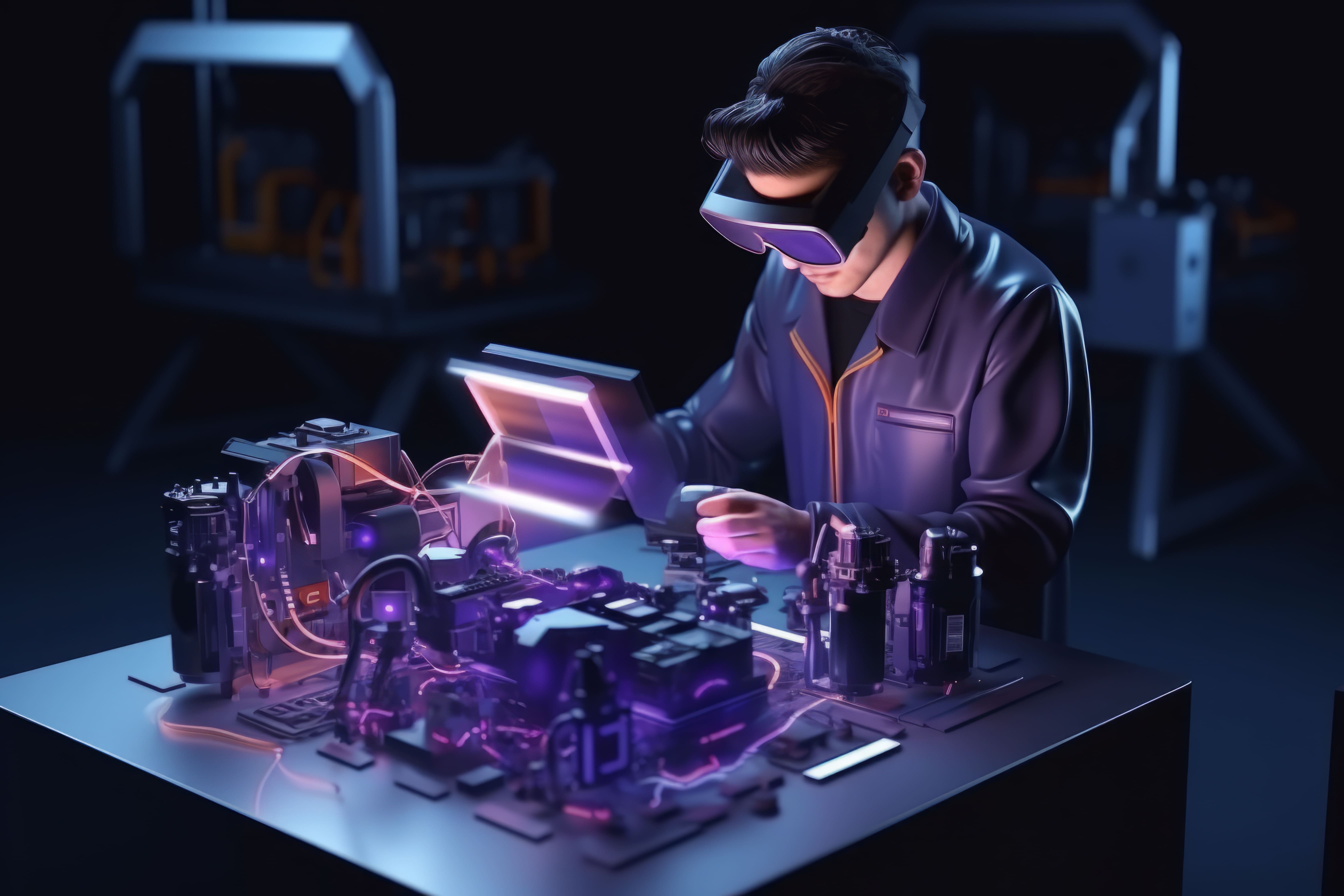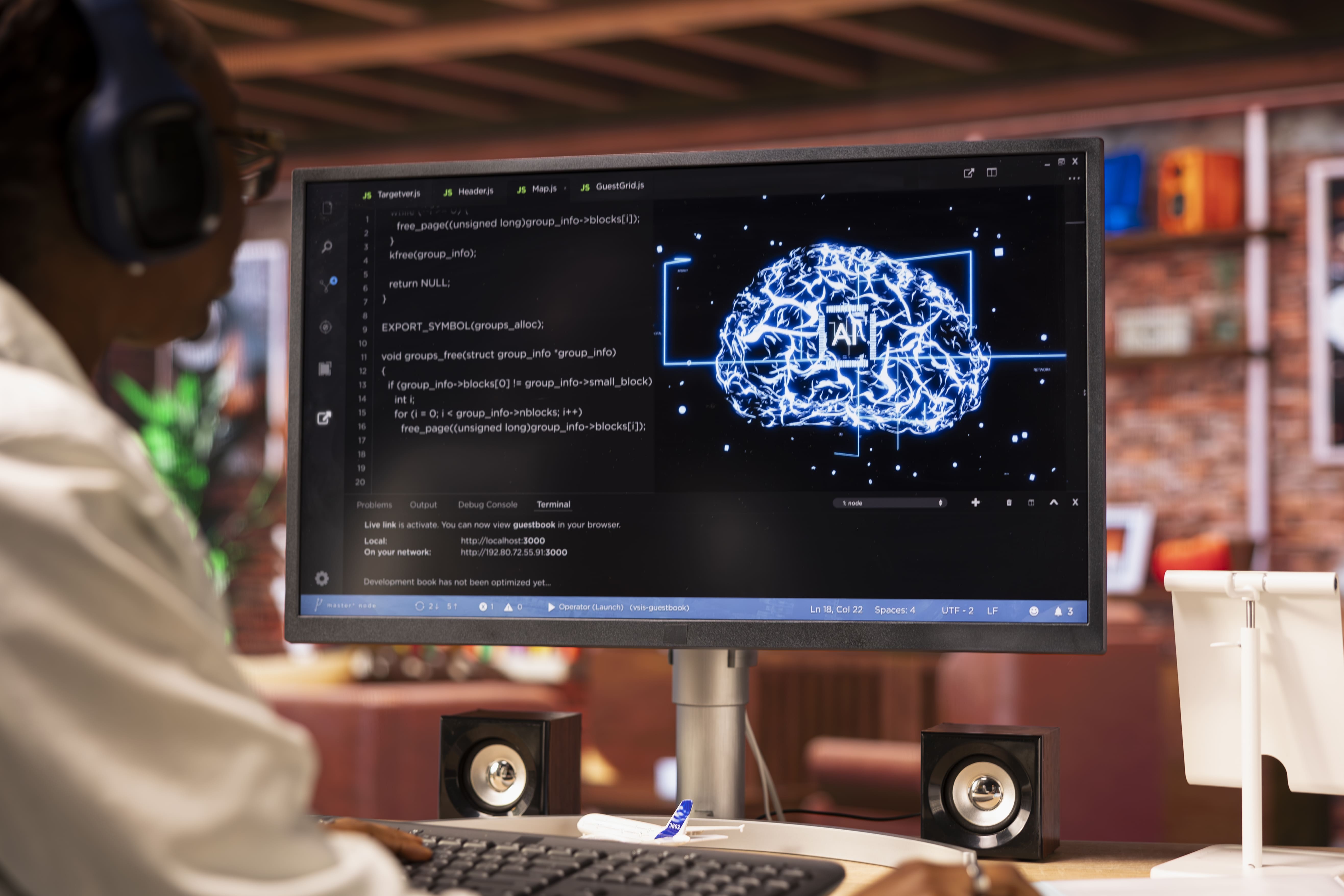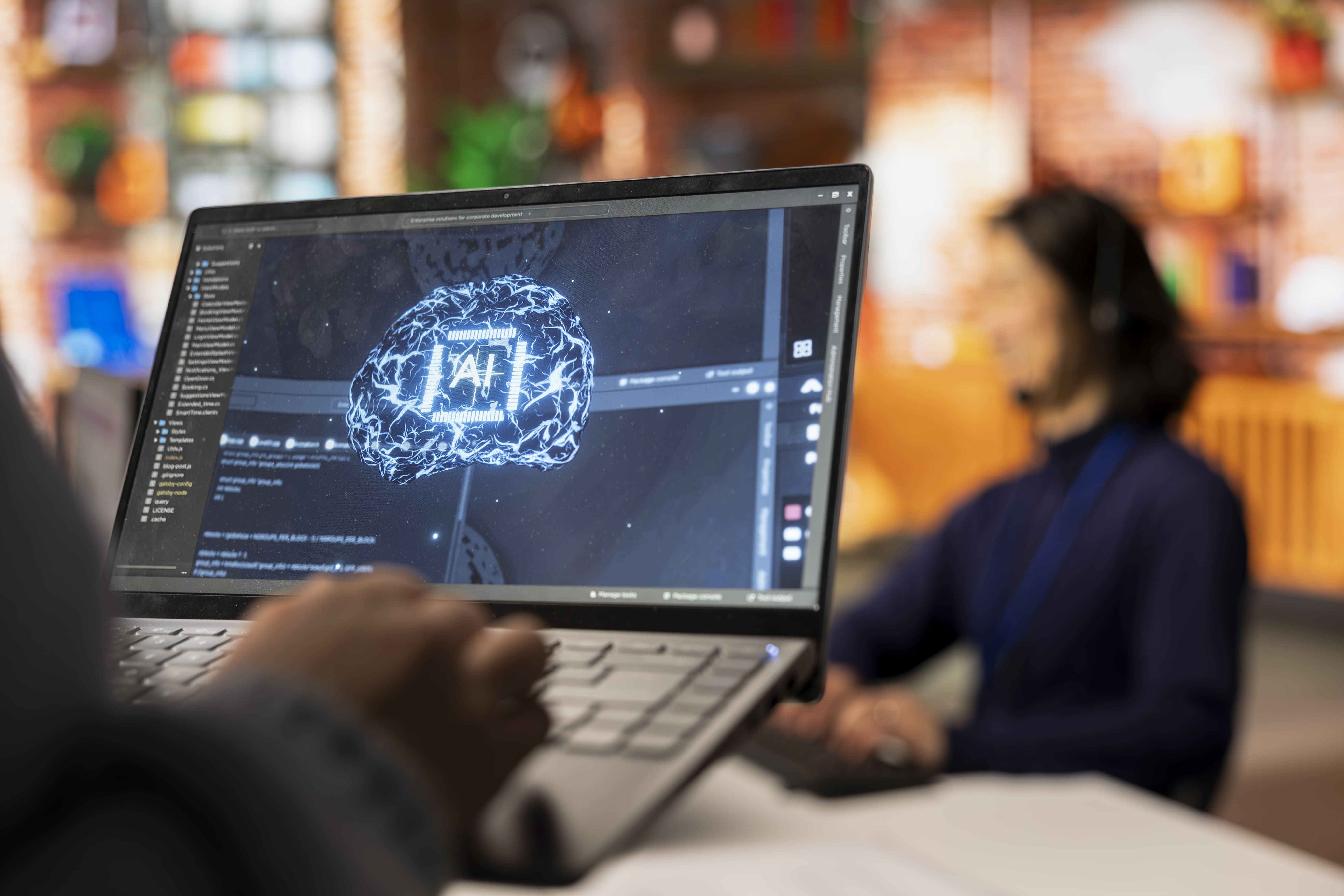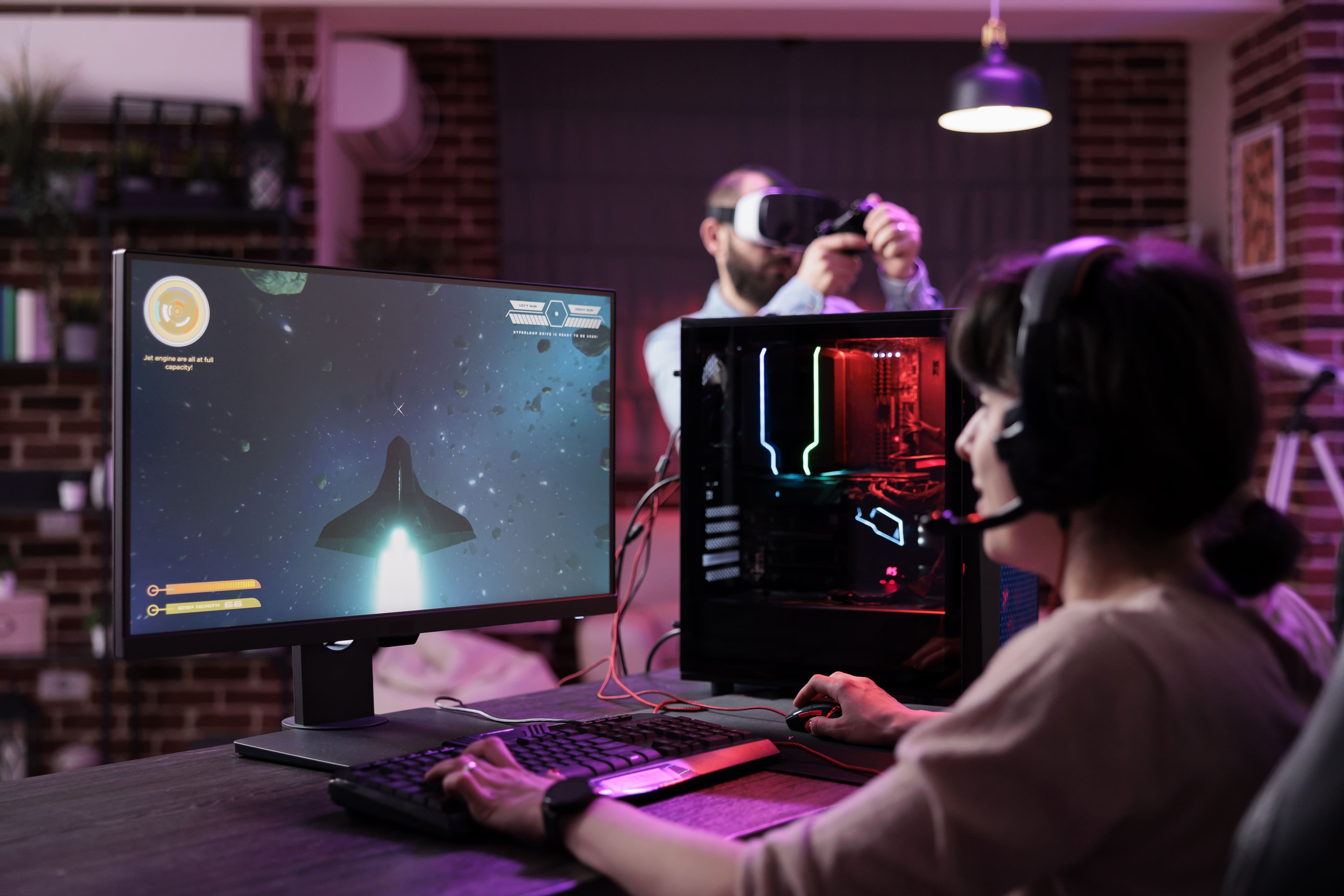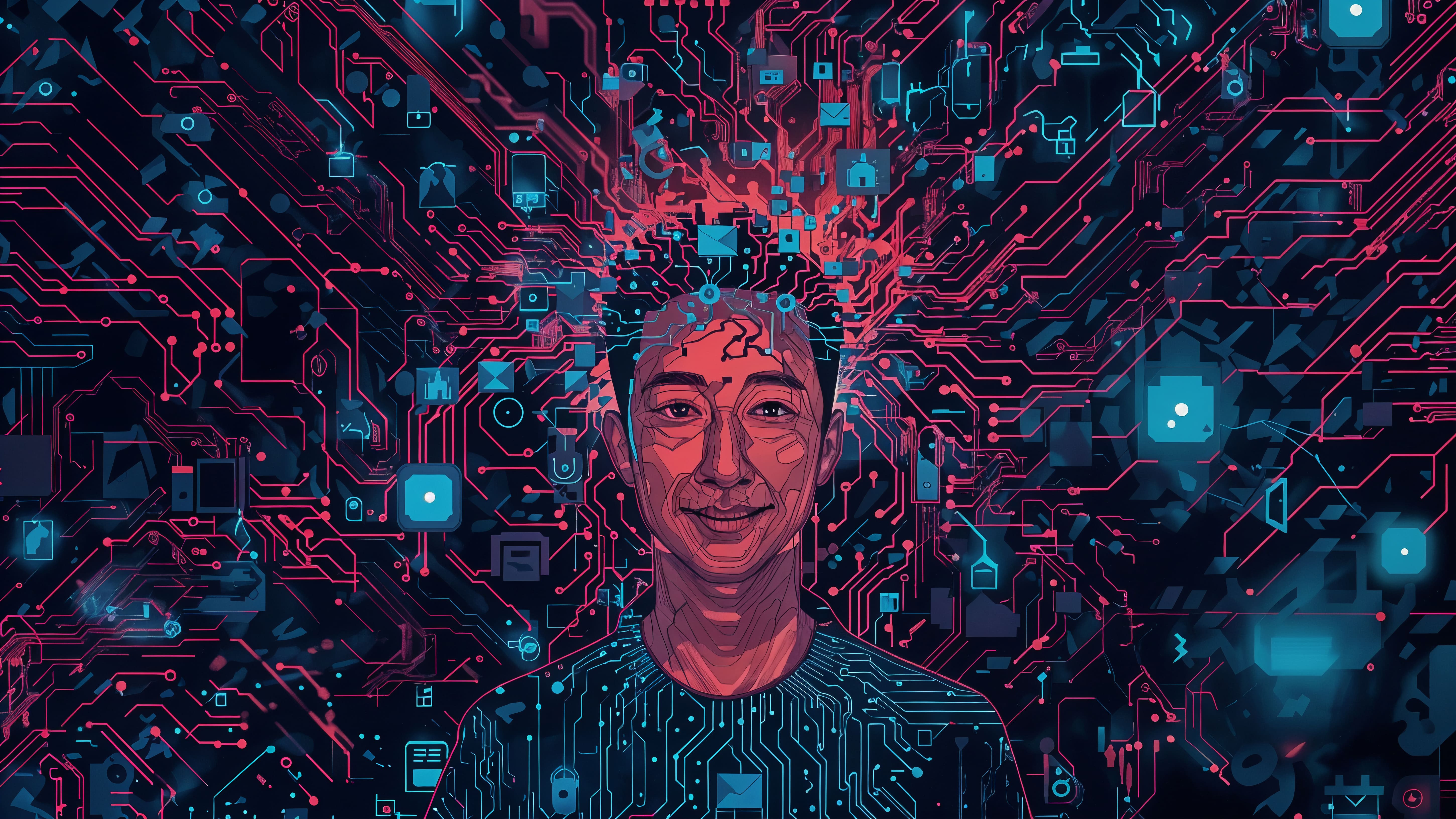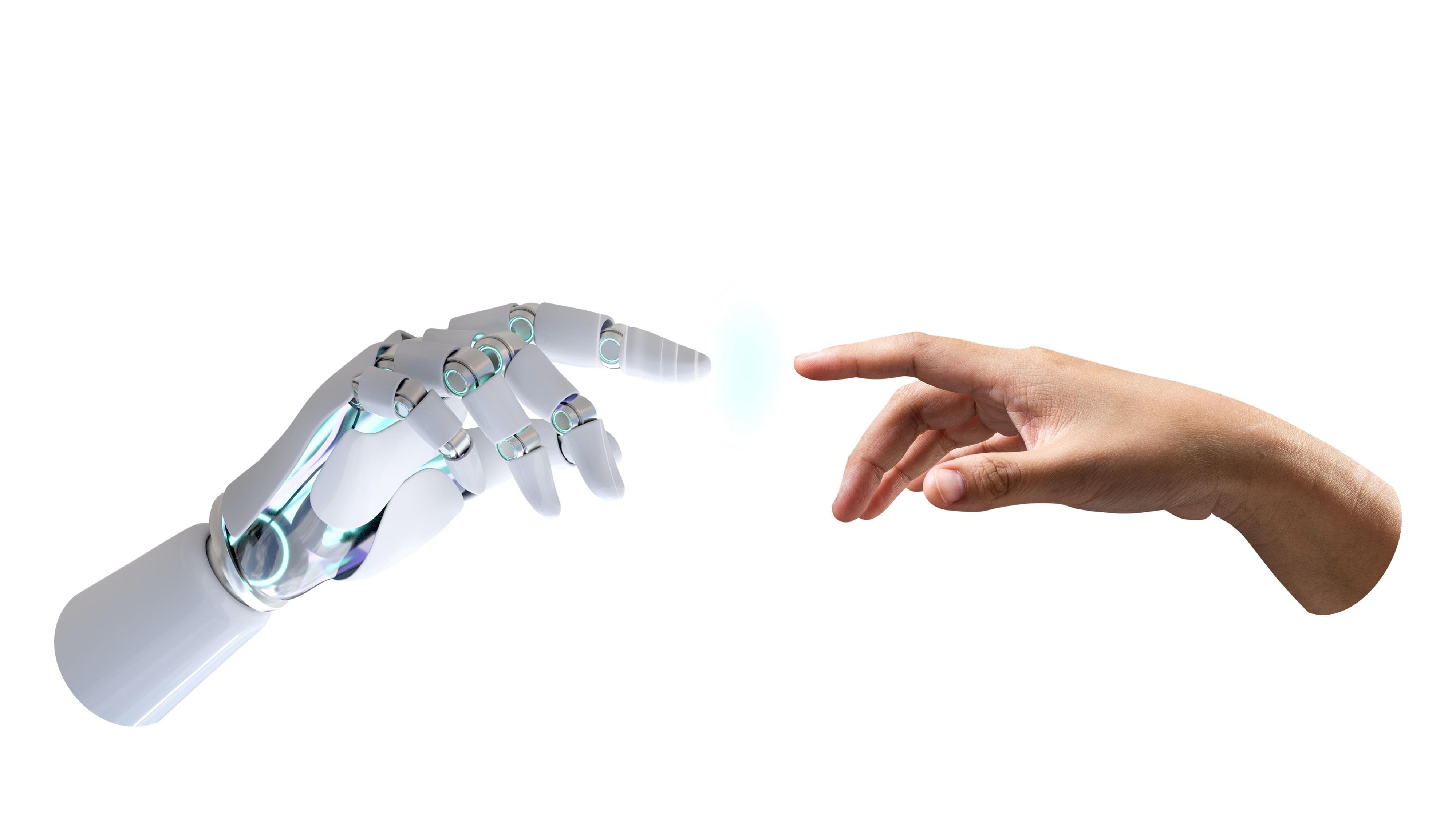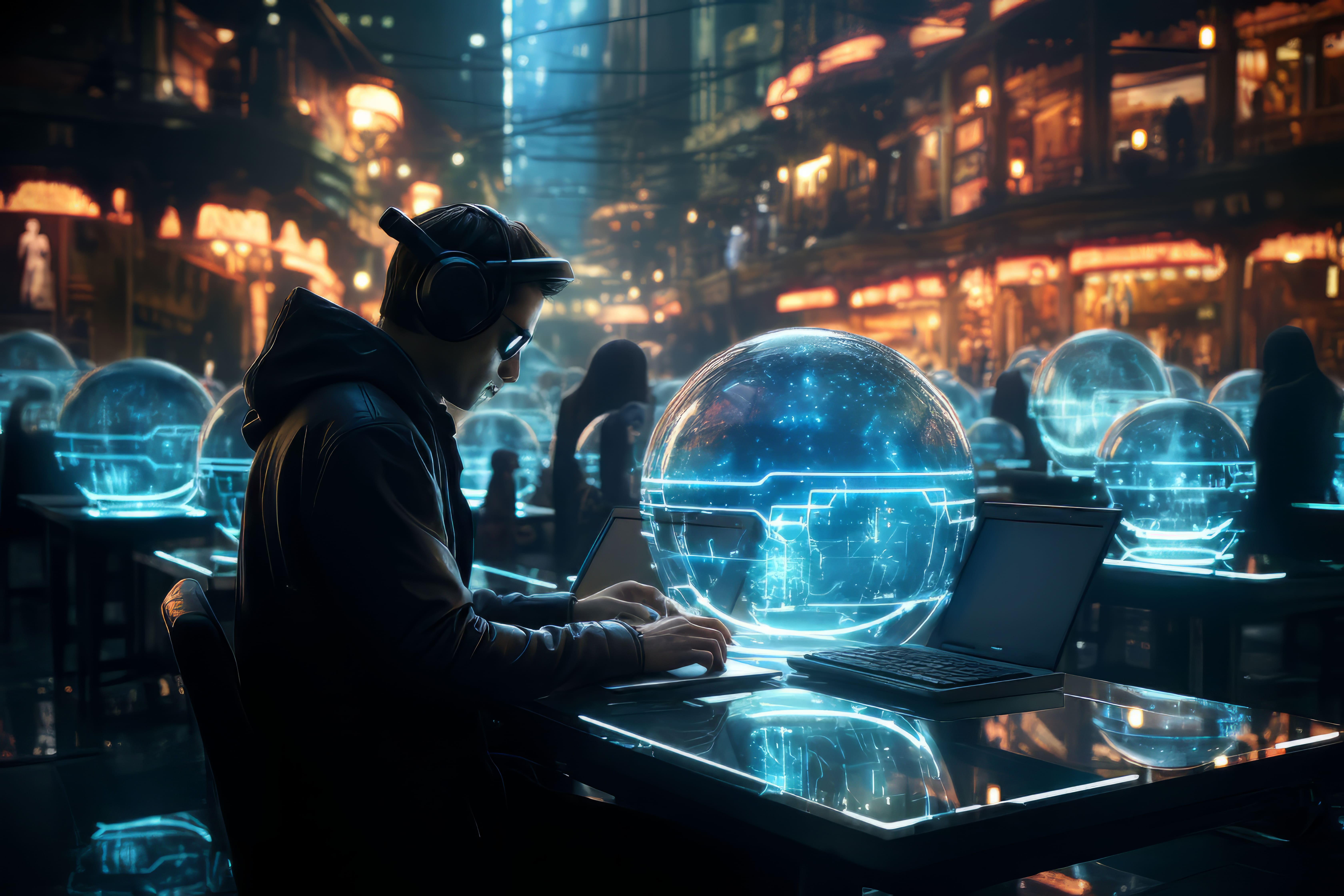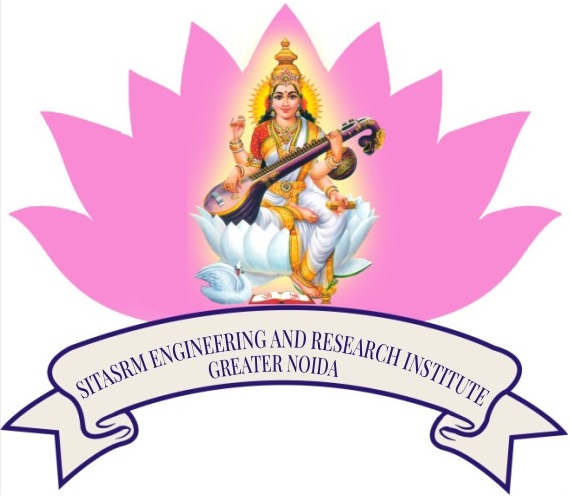 SITASRM ENGINEERING & RESEARCH INSTITUTE
SITASRM ENGINEERING & RESEARCH INSTITUTE
 SITASRM ENGINEERING
SITASRM ENGINEERING & RESEARCH INSTITUTE

SITASRM ENGINEERING & RESEARCH INSTITUTE
Menu
Role of Engineers in Developing Artificial Intelligence (AI) Technologies
Engineers: Painting the AI Canvas, From Ghibli Dreams to Reality
Have you seen the recent wave of AI-generated art, transforming everyday photos into whimsical Ghibli-esque scenes? It's a striking example of AI's creative potential, and a testament to the engineers who are actively developing artificial intelligence.
Another question that arises is–are we on the verge of creating entities that transcend human intelligence, or are we simply fine-tuning incredibly complex tools? The answer, as always, rests in the hands of the engineers dedicated to shaping this digital frontier. They are the modern-day architects, building the algorithms and systems that are reshaping our world in ways we're only beginning to understand.
Building the Foundation: Algorithms, Infrastructure, and Innovation
At the core of every AI system lies a complex web of algorithms, data structures, and computational architectures. Engineers are the master builders, crafting neural networks that mimic the human brain's learning processes. This involves intricate techniques from deep learning and machine learning, demanding a deep understanding of mathematics, computer science, and statistical analysis.
-
Data Mastery and Feature Engineering: Engineers are responsible for the critical task of collecting, cleaning, and organizing the vast amounts of data that fuel developing Artificial Intelligence models. This process involves identifying relevant features, handling missing values, and ensuring data quality—all crucial for the accuracy and reliability of AI models. For example, in a self-driving car, engineers must ensure the AI has access to accurate and diverse data regarding road conditions, pedestrian behavior, and weather patterns.
-
Model Training and Optimization: The training process involves feeding the AI model with data and iteratively adjusting its parameters to improve its performance. Engineers use various optimization techniques to fine-tune these parameters, ensuring the model can generalize well to unseen data and perform effectively in real-world scenarios. This can be compared to a musician tuning their instrument, making minute adjustments until perfect harmony is achieved.
AI for Engineers–Automating the Developers Themselves
Interestingly, engineers are also leveraging AI to enhance their own workflows and streamline their development processes. Artificial intelligence for software engineering is rapidly emerging as a powerful tool for automating tasks such as code generation, debugging, and testing. AI-powered tools can analyze code patterns, identify potential errors, and even suggest improvements, significantly boosting developer productivity and efficiency.
Let’s understand this better with the example of Elon Musk and Openai.
Elon Musk and the Vision of AI's Potential
Innovators like Elon Musk, with his ambitious ventures such as Tesla and xAI, have been instrumental in pushing the boundaries of AI development and exploring its vast potential. His focus on real-world applications, from autonomous driving to space exploration, highlights the transformative power of AI in various industries. His work demonstrates the vast range of applications for advanced AI.
Fun Fact: Some advanced AI algorithms are now capable of generating not just simple code snippets but entire software modules, potentially revolutionizing the way software is developed. Imagine an AI that can write the bulk of a program, freeing up engineers to focus on the more creative and strategic aspects of development.
Ethical Considerations and Responsible Development: Guiding AI's Trajectory
As AI becomes increasingly sophisticated and integrated into our lives, engineers must grapple with the ethical implications of their work. Issues such as bias in algorithms, data privacy, and the potential for job displacement require careful consideration and 1 proactive measures. Engineers play a crucial role in ensuring that AI systems are developed and deployed responsibly, promoting fairness, transparency, and accountability.
OpenAI and the Pursuit of Safe and Beneficial AI
Organizations like OpenAI are dedicated to ensuring that AI benefits all of humanity. Their research focuses on developing safe and beneficial AI, emphasizing the importance of aligning AI systems with human values and ethical principles.
For example, they are working on tools that help detect and mitigate bias in AI models. Artificial intelligence for software engineering also raises ethical concerns, such as the ownership and intellectual property rights of AI-generated code, and the potential for increased reliance on automated tools.
We must ask, who is responsible when an AI makes a code error, the AI, the programmer, or the company using the code?
Well; Elon Musk and OpenAI are both pivotal forces in shaping the landscape of AI, though they approach its development from distinct angles. The intersection of these two approaches is where the future of AI-driven software engineering lies. Musk's drive for practical application necessitates the robust ethical frameworks that OpenAI champions.
As AI writes more code, the question of responsibility becomes even more complex. If an AI-powered tool generates code with a security vulnerability, who is accountable? This is a question that both Musk's real-world applications and OpenAI's ethical research must address.

The Collaborative Future of Developing Artificial Intelligence
The development of AI is not a solitary pursuit but a collaborative endeavor that requires expertise from various disciplines. Engineers act as the bridge between these diverse fields, translating theoretical concepts into practical applications and ensuring that AI systems are aligned with human needs and values.
For Instance: Consider developing artificial intelligence system to assist in medical diagnosis. Engineers collaborate with medical professionals to understand the intricacies of medical data and develop algorithms that can accurately analyze medical images and patient data, ultimately improving patient outcomes. This type of collaborative effort is vital to ensure AI systems are effective and safe.
In Conclusion,
The role of engineers in developing artificial intelligence is multifaceted and indispensable. From designing algorithms and infrastructure to addressing ethical considerations and collaborating with diverse experts, their expertise shapes the trajectory of this transformative technology. As AI continues to evolve, engineers will remain at the forefront, pushing the boundaries of what's possible and ensuring that AI serves as a force for good in our world.


